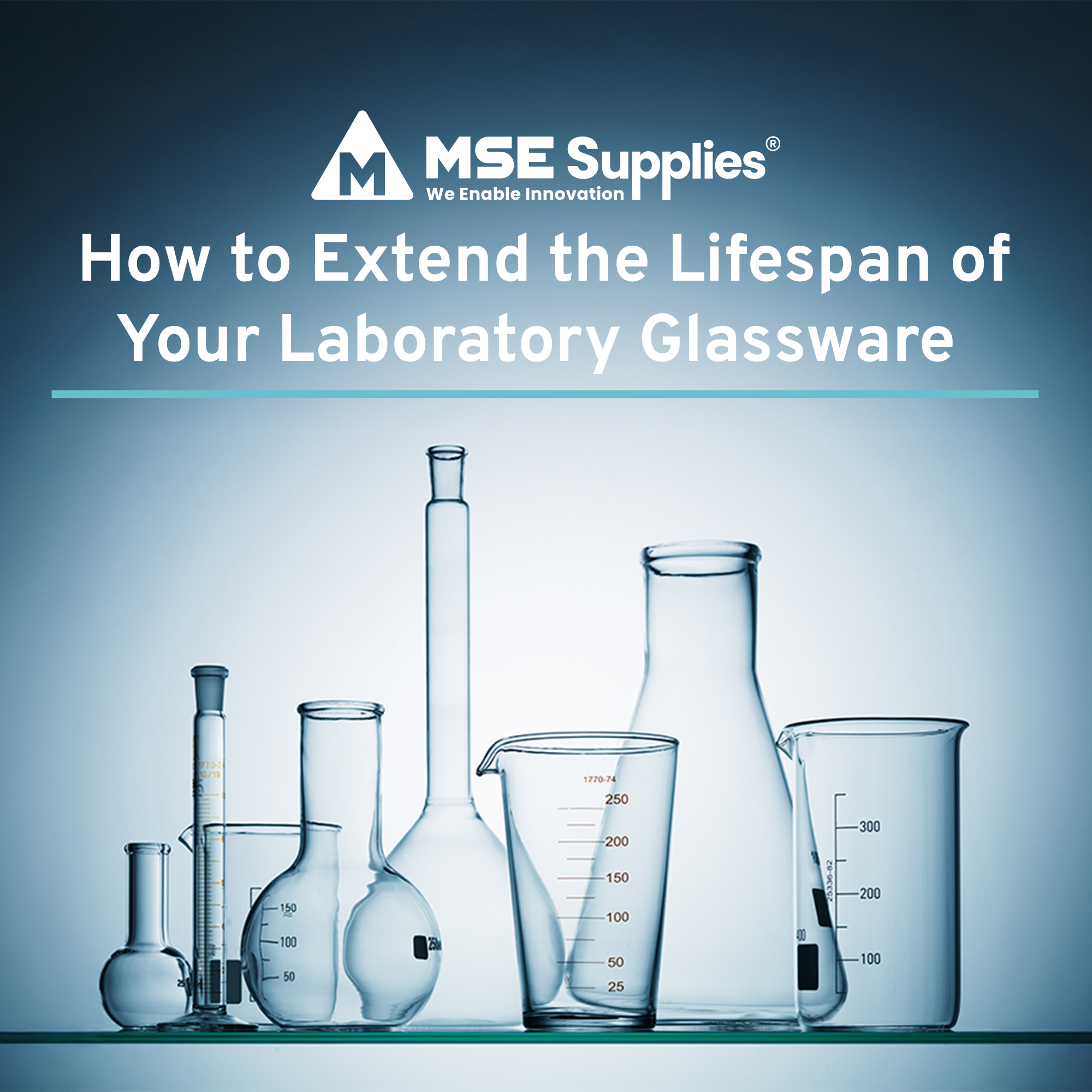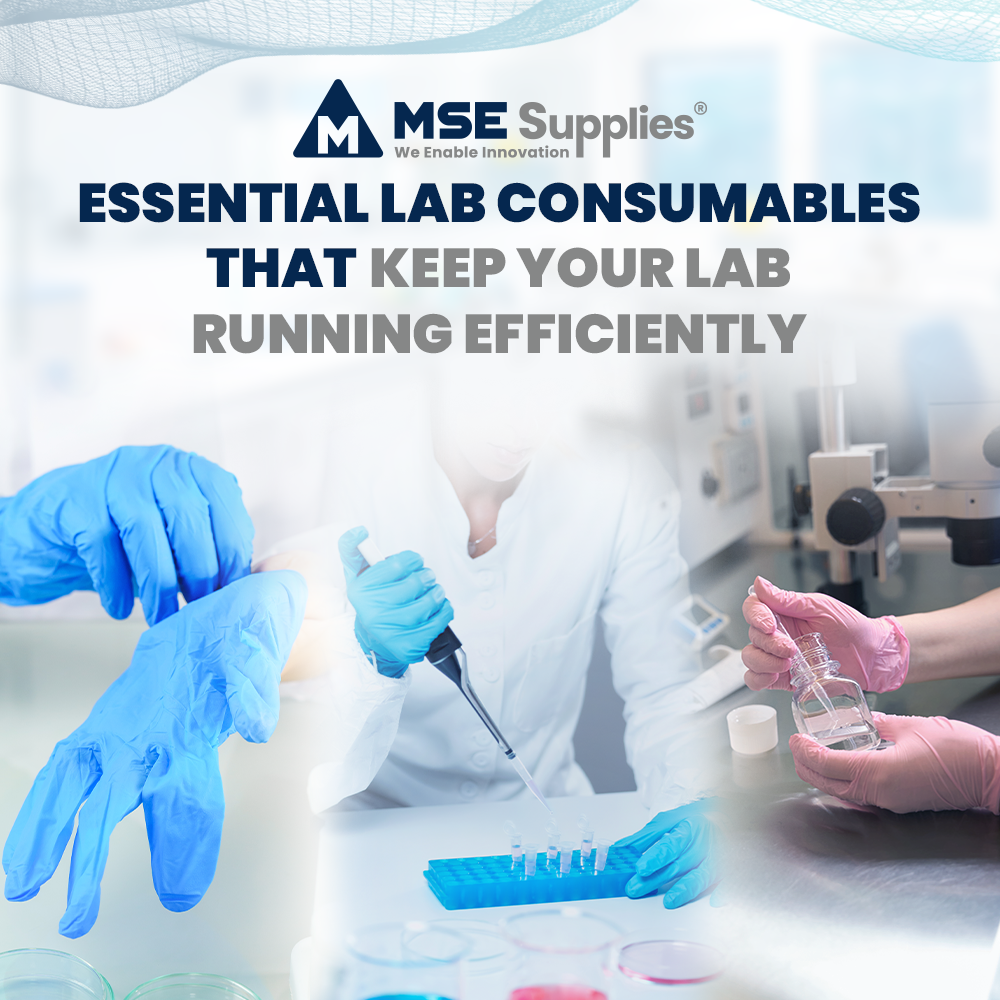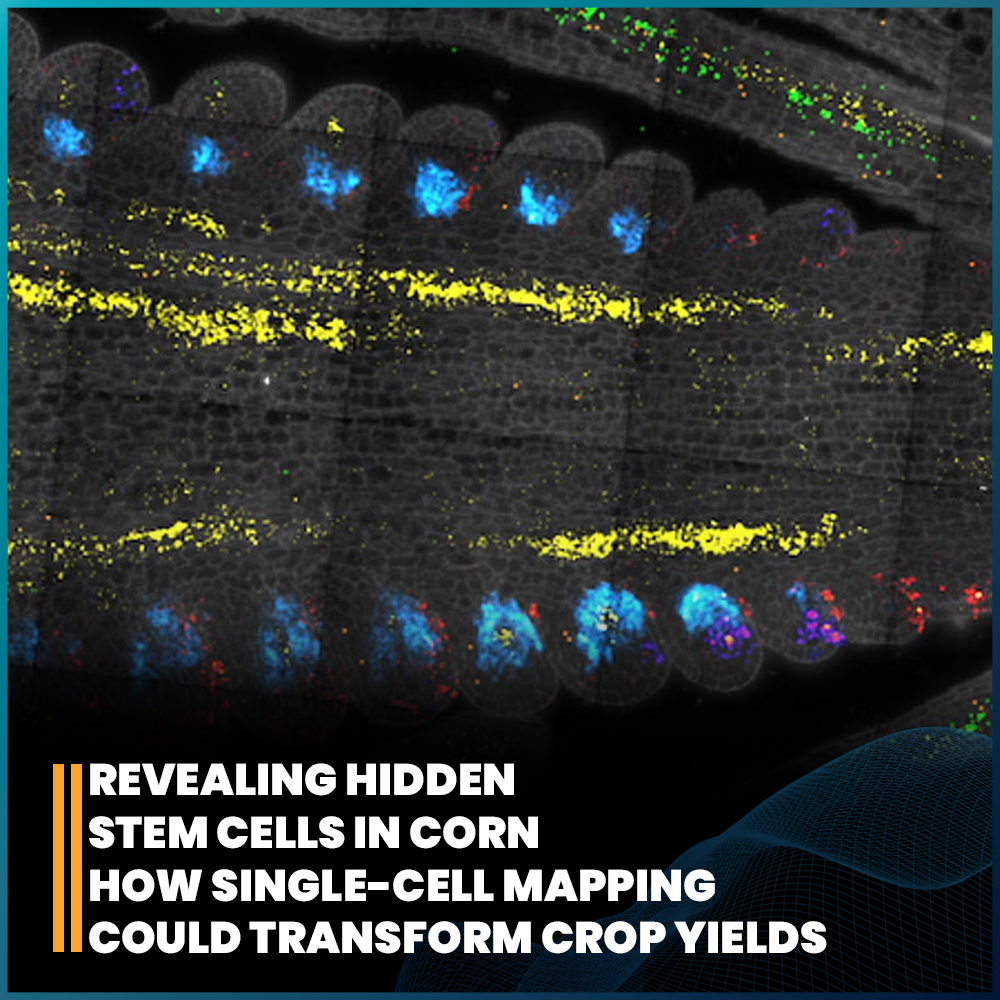Webinar on the Frontiers of Ceramics for Next Generation Lithium Batteries, Sponsored by MSE Supplies LLC
Posted by MSE Supplies Admin on

A Corporate Member of the American Ceramic Society, MSE Supplies LLC sponsors a webinar on the Frontiers of Ceramics for Next Generation Lithium Batteries
Organized by The American Ceramic Society Northern California Section

Webinar: Frontiers of Ceramics for Next Generation Lithium Batteries
Date: July 14, 2020
Time: 11:00 AM Pacific Time (2:00 PM Eastern Time)
Speakers:
- Dr. Eric Wachsman, University of Maryland
- Dr. Hui Du, Ampcera
- Dr. Gleb Yushin, Georgia Institute of Technology
Sponsored by MSE Supplies, LLC

MSE Supplies LLC is a leading supplier of lithium battery cathode and anode materials, slot die coating machines made by FOM Technologies, solid electrolyte materials made by Ampcera, and ball milling equipment, milling jars and milling media.
Webinar Abstract
Despite the increased popularity of electric cars and battery-powered mobile devices, battery performance, cost and safety remain as serious challenges. Ceramic materials are critical components used in modern lithium ion batteries found in phones, computers, wearables and electric vehicles. Specifically, ceramic materials have been used in cathodes, anodes, separators, and most recently solid electrolytes in lithium battery cells. In this webinar, speakers from both academia and industry will present their latest work on the cutting edges of ceramic materials to improve the safety, double the energy density of battery cells and reduce their manufacturing cost significantly. Topics to be discussed include advances in engineered cathode, anode and solid electrolyte materials for both lithium ion batteries and solid-state lithium batteries.
Three leaders in the lithium battery field will present key information about this topic.
- Dr. Hui Du, Co-Founder & Chief Technology Officer, Ampcera and Co-Founder & President of MSE Supplies
- Dr. Eric Wachsman, Director of Maryland Energy Innovation Institute and Crentz Centennial Chair in Energy Research at the University of Maryland
- Dr. Gleb Yushin, Professor of Materials Science & Engineering, Georgia Institute of Technology and Editor in Chief of Materials Today
Immediately following the presentation, registrants will have the opportunity for a more personalized discussion with one of the three speakers, or to learn more about the newly formed Northern CA.
Don't miss this opportunity! Register today.
Contact Karen McCurdy with questions.
About the Topics and the Speakers
Dr. Eric Wachsman
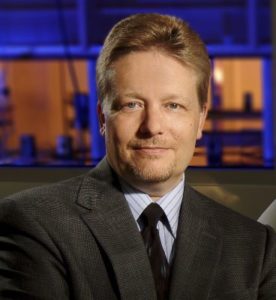 Safe, High-Energy-Density, Li-Metal-Anode, Solid-State Li Batteries We have developed transformational, and intrinsically safe, solid-state Li batteries (SSLiBs), by incorporating high conductivity garnet-type solid Li-ion electrolytes into tailored tri-layer microstructures, by low-cost multilayer ceramic fabrication techniques to form electrode supported dense thin-film (~10μm) solid-state electrolytes. The microstrucurally tailored porous garnet scaffold support increases electrode/electrolyte interfacial area, overcoming the high impedance typical of planar geometry SSLiBs resulting in an area specific resistance (ASR) of only ~2-7 Ωcm-2 at room temperature. The unique garnet scaffold/electrolyte/scaffold structure further allows for charge/discharge of the Li-metal anode and cathode scaffolds by pore-filling, thus providing high depth of discharge ability without mechanical cycling fatigue seen with typical electrodes. Moreover, these scalable multilayer ceramic fabrication techniques, without need for dry rooms or vacuum equipment, provide for dramatically reduced manufacturing cost.
Safe, High-Energy-Density, Li-Metal-Anode, Solid-State Li Batteries We have developed transformational, and intrinsically safe, solid-state Li batteries (SSLiBs), by incorporating high conductivity garnet-type solid Li-ion electrolytes into tailored tri-layer microstructures, by low-cost multilayer ceramic fabrication techniques to form electrode supported dense thin-film (~10μm) solid-state electrolytes. The microstrucurally tailored porous garnet scaffold support increases electrode/electrolyte interfacial area, overcoming the high impedance typical of planar geometry SSLiBs resulting in an area specific resistance (ASR) of only ~2-7 Ωcm-2 at room temperature. The unique garnet scaffold/electrolyte/scaffold structure further allows for charge/discharge of the Li-metal anode and cathode scaffolds by pore-filling, thus providing high depth of discharge ability without mechanical cycling fatigue seen with typical electrodes. Moreover, these scalable multilayer ceramic fabrication techniques, without need for dry rooms or vacuum equipment, provide for dramatically reduced manufacturing cost.
Fabrication of supported dense thin-film garnet electrolytes, their ability to cycle Li-metal at high current densities with no dendrite formation, and results for Li-metal anode/garnet-electrolyte based batteries with a number of different cathode chemistries will be presented.
Dr. Eric D Wachsman is Vice President of The Electrochemical Society (ECS), a Fellow of both ECS and the American Ceramic Society (ACerS), World Academy of Ceramics member, Editor-in-Chief of Ionics, and on the Editorial Board of Scientific Reports, Current Opinion in Solid State & Materials Science, Energy Systems, and Energy Technology and a member of the ECS, ACerS, American Chemical Society, the International Society for Solid State Ionics, and the Materials Research Society. His research is focused on solid ion-conducting materials and electrocatalysts, and includes the development of solid-state batteries, solid oxide fuel cells, ion-transport membrane reactors, and solid-state gas sensors. He has more than 270 publications and 20 patents on ionic and electronic conducting materials and device performance, and to date three companies have been founded based on these technologies.
Dr. Hui Du
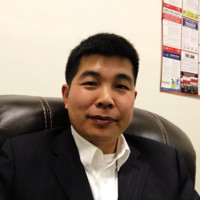
High Throughput Manufacturing Technologies for Solid-State Electrolytes Used in Next Generation Solid-State Lithium Metal Batteries Solid-state lithium metal battery has been considered the disruptive technology to conventional liquid-based lithium ion batteries because of its advantages of higher energy density and superior safety. Key issues related to solid-state electrolytes, such as electrochemical performance, manufacturing scalability and cost, have been holding the technology back from deployment in electric cars and consumer electronics applications. Ampcera has been focused on developing “drop-in” roll-to-roll manufacturing technologies that can be directly applied in existing battery manufacturing processes with low cost. Using Ampcera’s proprietary and patent pending Flexcera™ technology, flexible solid-state electrolyte membranes have been made with less than 50 microns in thickness, room temperature lithium ionic conductivity over 1 mS/cm, electrochemically stable with lithium metal under a critical current density over 10 mA/cm2 for more than 200 hours tested in lithium/lithium symmetric cells. With its wide electrochemical window, such solid-state electrolytes would also enable high voltage cathodes over 4.5V. With the opportunity to achieve substantially better battery energy density and safety, Ampcera’s solid-state electrolyte manufacturing technology does not require costly battery manufacturing equipment changes and would significantly increase the yield rate and reduce the risks of battery failure during manufacturing making the solid-state battery technology more competitive to conventional lithium ion battery technologies.
Dr. Hui Du is the Co-founder and Chief Technology Officer of Ampcera Inc. He is also the co-founder and President of MSE Supplies LLC. Hui previously worked at Sion Power Corporation as the Manager of the Solid-State Ionic Materials Department and at Veeco Instrument Inc. as Senior Process Engineer after his postdoctoral work at the National Renewable Energy Laboratory (NREL). Dr. Hui Du earned his Ph.D. at Carnegie Mellon University in 2009 and has authored and coauthored over 30 peer reviewed research articles and 20+ U.S. and international patents.
Dr. Gleb Yushin

Conversion-Type Anode and Cathode Materials, Ceramic Separators and Solid-State Electrolytes for Next Generations of Cheaper, Safer and Lighter Rechargeable Batteries Revolutionary changes in battery materials are needed to enable the next generations of affordable Li or Li-ion battery – powered electric transportation. As the cost of cell manufacturing is gradually reducing, the battery price will become primarily affected by (i) the cost of active cathode materials (and mostly the cost of their raw mineral constituents) and (ii) volumetric energy density of cells (as fewer cells would need to be produced to attain the same energy of the battery pack), which depends on the battery materials choices as well. As the energy density of conventional Li-ion batteries based on intercalation-type active materials, such as such as lithium nickel cobalt manganese oxide (NCM) or lithium nickel cobalt aluminum oxide (NCA) cathodes and carbonaceous anodes, approaches their theoretical limits, we have little choice but to move to so-called conversion-type electrodes, such as lithium sulfide (Li2S) or lithium fluoride/iron (Fe)-based cathodes and either Li or silicon (Si)-based anodes in order to double energy density of cells and reduce their cost by ~3 times or more in the next several decades. In this talk I will review the efforts of our research team focused on conversion-type cathodes and Si-based anodes, highlighting some of the key challenges and routes to overcome them. I will also provide examples how the move from conventional organic electrolytes to solid polymer or ceramic electrolytes may not only improve cell safety, but also overcome some of the known challenges of conversion-type chemistries. Finally, I will demonstrate how flexible ceramic separators based on oxide nanowires (nanofibers) may enhance safety, charging rate and energy density of Li-ion cells based on all types of electrode materials.
Dr. Gleb Yushin is a Professor of Materials Science and Engineering at the Georgia Institute of Technology and Editor-in-Chief of Materials Today. Prof. Yushin is also a co-founder and CTO of a Georgia Tech startup Sila Nanotechnologies, Inc., advanced battery materials company currently employing ~ 200 people and valued at over $1B. Prof. Yushin pioneered transformative developments of advanced materials for next generation rechargeable batteries for clean energy and transportation. Prof. Yushin is a Fellow of the EU Academy of Sciences, a Fellow of the National Academy of Inventors (NAI), a Fellow of the Materials Research Society (MRS) and a Fellow of The Electrochemical Society (ECS). Prof. Yushin holds over 110 US and international patents and patent applications (all licensed or assigned to companies), has given over 120 invited and keynote presentations and has published over 150 highly impactful papers that have been cited by nearly 30 thousand times.
About MSE Supplies LLC
Trusted by research labs and innovative companies worldwide, MSE Supplies LLC is a U.S.-based leading supplier of high quality materials, equipment and materials characterization analytical services for both research and production. We provide both standard and custom-made products and solutions to meet customer specific requirements.
With a global customer base of more than 2,000 research universities, national labs, as well as Fortune 500 companies and technology start-ups, we support scientists and engineers worldwide to accelerate their innovations.
High performance Ampcera™ solid electrolyte materials distributed by MSE Supplies have been widely adopted by many leading solid state battery companies and research labs around the world.

Share this post
- Tags: Brands - Ampcera, Industry - Lithium Battery & Renewable Energy, MSE Supplies - Marketing Insights & Updates

